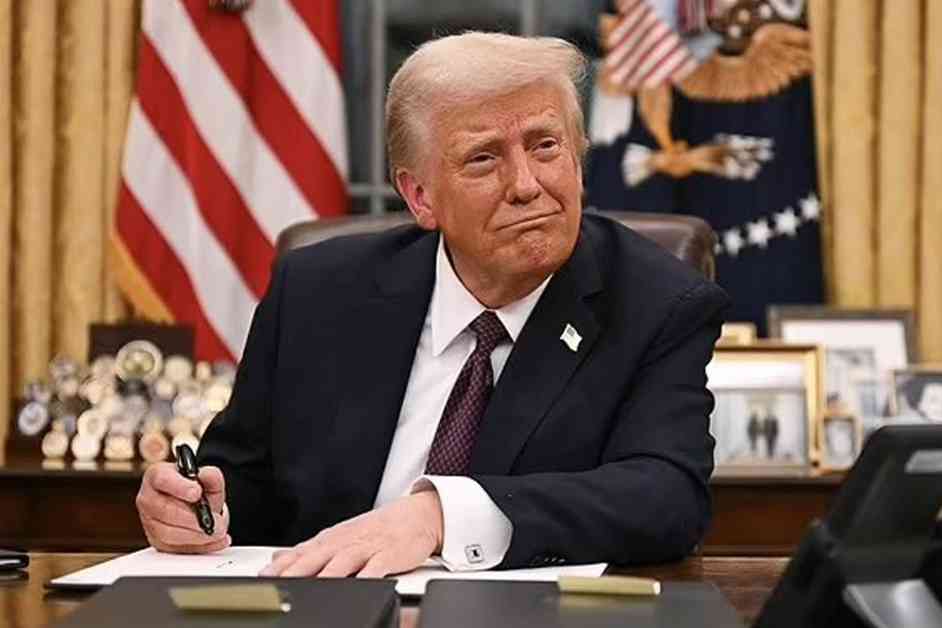The Trump administration’s recent announcement of an eight-month severance deal for federal workers has sparked intense debates over its implications. The offer, which requires employees to resign by February 6th in exchange for pay and benefits, is part of Trump’s efforts to streamline the federal workforce and end remote work. While the proposal aims to reduce the number of employees to only ‘reliable’, ‘loyal’, and ‘trustworthy’ individuals, it has raised concerns about its legality and fairness.
What Is the Buyout Offer?
The buyout offer, detailed in a memo distributed via the administration’s mass email system, is a part of Trump’s broader initiative to restructure the federal workforce. The memo outlines the President’s goals of restoring accountability for employees with policy-making authority, senior career executives, and reforming the federal hiring process to prioritize merit. Employees who choose to accept the buyout will have their duties reassigned or eliminated, and will be placed on paid administrative leave until the end of the deferred resignation period.
While the official aim of the program is to reduce the workforce to more efficient employees, it has strict eligibility criteria. Only employees with at least 12 months of continuous service who were not terminated for poor performance or misconduct are eligible for the severance pay. Estimates suggest that 5 to 10% of federal employees may accept the offer, potentially resulting in thousands of resignations in Texas alone. The program is set to run from January 28th to February 6th and could save the government a significant amount of money.
Who Does This Programme Benefit?
Not all federal employees are eligible for the buyout offer. Workers in certain sectors, such as the US Postal Service, Armed Forces, immigration enforcement, and national security, are explicitly excluded from the program. Speculation has also arisen about Elon Musk’s involvement in the initiative, as he has previously advocated for reducing the federal workforce and has been linked to similar downsizing efforts in the past.
Politicians and unions have voiced their concerns about the buyout offer, warning workers to be cautious about its implications. The National Treasury Employees Union and Senator Tim Kaine have urged employees not to be swayed by the offer, with Kaine cautioning that Trump may not follow through on the promised benefits. Union leaders have criticized the buyout as a political maneuver to reshape the federal workforce rather than a genuine incentive program, expressing fears of chaos and uncertainty for federal workers.
Experts and union leaders have raised the possibility of legal challenges to the buyout offer, adding to the anxiety and confusion among federal employees. While the proposal may appear to be a cost-saving measure, its long-term impact on the federal workforce remains uncertain. As employees grapple with the decision to accept or reject the offer, the future of the federal workforce hangs in the balance.













